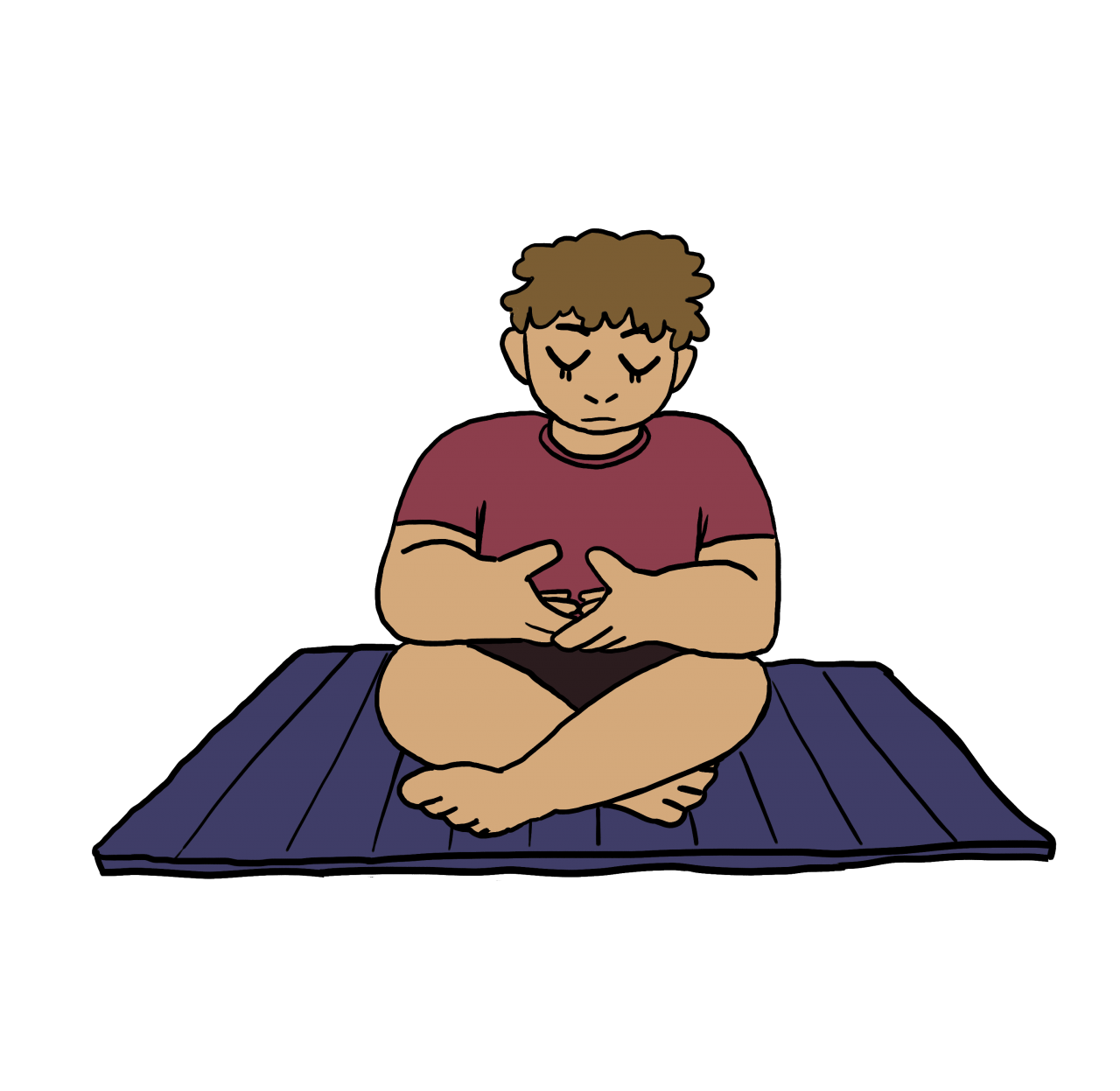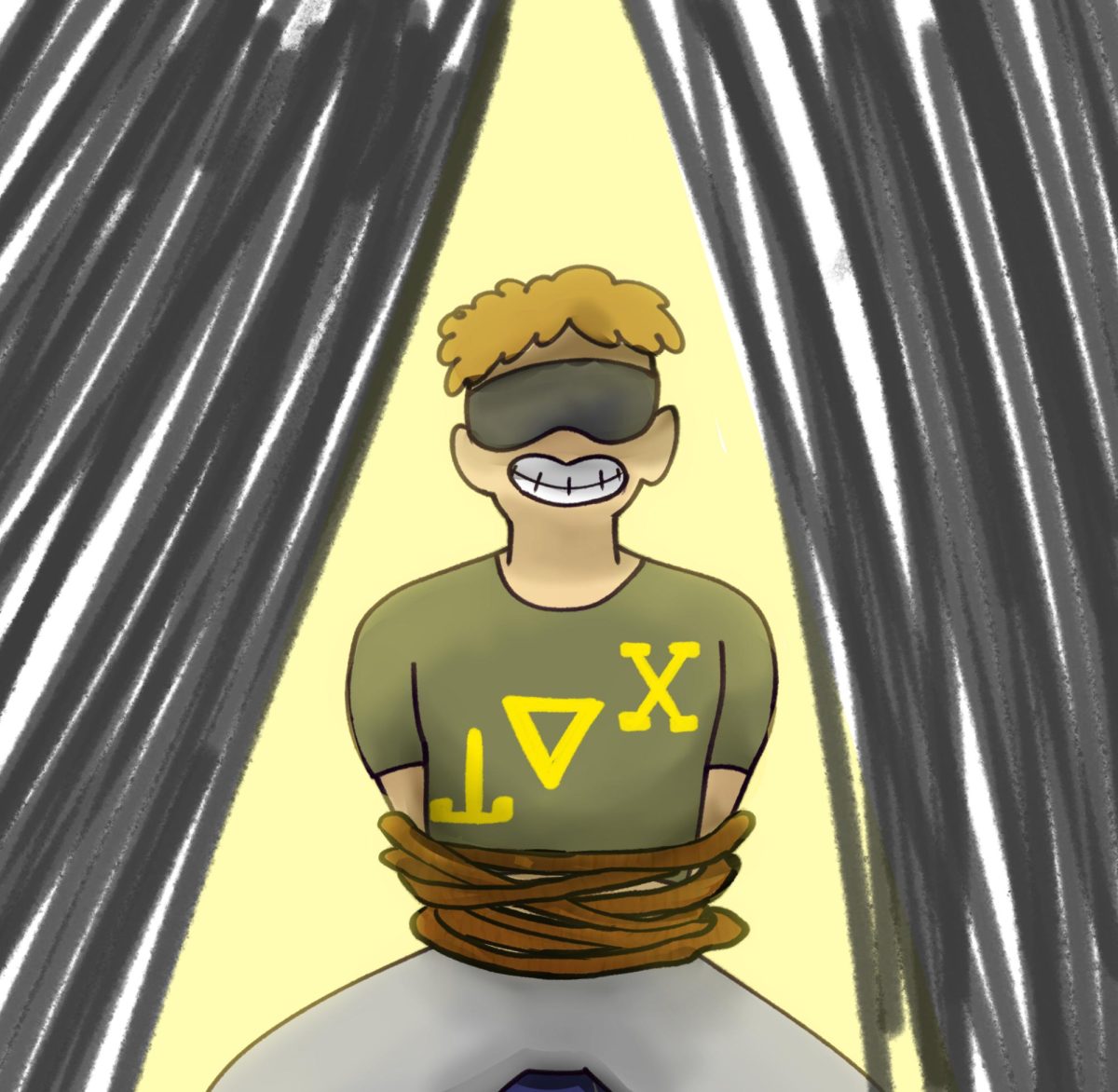We’ve spent nearly half a year in quarantine, and there seems to be a lot of anxiety over how productive we should be. As the academic year begins, you may notice that you tire quicker than usual. Sometimes it feels so difficult to even get out of bed and do homework or go for a walk. Oh, sure, you can fill your planner with great expectations, but once the morning comes, you realize that yesterday’s dreams are today’s burdens, so how do you combat the anxiety and general exhaustion that comes with living in a pandemic, attending school and trying to be productive?
1. Accept that circumstances have changed, thus has your work capacity
I’ve written about this before, but people who are pushing great productivity during a global pandemic have lost their marbles, at least in my opinion. Keeping busy could help us keep our mind off of what’s happening in our world. Reading, writing, playing outside, these are all things we can do to create and keep a routine in our day-to-day lives. However, by pretending that we can achieve what we normally would when we weren’t amidst a global pandemic, or at least without dire consequences to our mental health, we are only hurting ourselves, so accept this “new normal,” at least to the extent that allows you to be more forgiving with yourself. Break up tasks, quit extracurricular activities you only joined to keep busy and give yourself enough time to complete your work!
2. Take breaks. No, really!
Face masks are cool and all, but is that really the true form of self care for the entire world? Maybe for some people, adding an extra step to their skincare routine is helpful, but make sure you acknowledge your own needs and what brings you a sense of calmness. Whether that be playing video games or kicking a soccer ball around for an hour, take time out of your day to just do something without any expectations or goals. You can plan these breaks throughout the day, or perhaps you prefer a bigger break in the evening before you sleep. Winding down before bed can be great for your mind. Take a bath, meditate, listen to your favorite music or read a comforting book. It’s all about you.
3. Check in on your friends
Responding to messages on any social media platform can feel exhausting during a pandemic. What is the right thing to say? What if you need to unload but you’re afraid to “burden” one of your friends? How do we check in with friends when we really care about them but we are also really tired? It’s important to establish boundaries with those we love and be honest about what we can and can’t reciprocate. As far as being sure to respond to people, send a text first thing in the morning or as soon as you think about your friend. Don’t think about how tiring it may be; just send it. Not looking your best for a video call because you’ve been in bed all day? Do a phone call. Our generation has become so accustomed to video calls we forget that good ol’ phone calls exist, and they communicate just as much as a FaceTime message.
4. Communicate with your professors about how you’re doing
No doubt, staff and faculty are going through just as rough a time as we are. They’re new to this, and in order for this Zoom business to work, we all need to be communicating with one another. Don’t be afraid to ask for help, and don’t feel shy about asking your professors how they’re doing too. They’re feeling the same conflicted emotions we are, and they may find comfort in knowing their students are forgiving. On that same note, it takes a lot of courage to let your professors know you need help or extensions, but you must speak up if you’re really struggling. It’s not easy, but once you take that first step towards making your classes more accessible to you, you’ll be glad you did.








